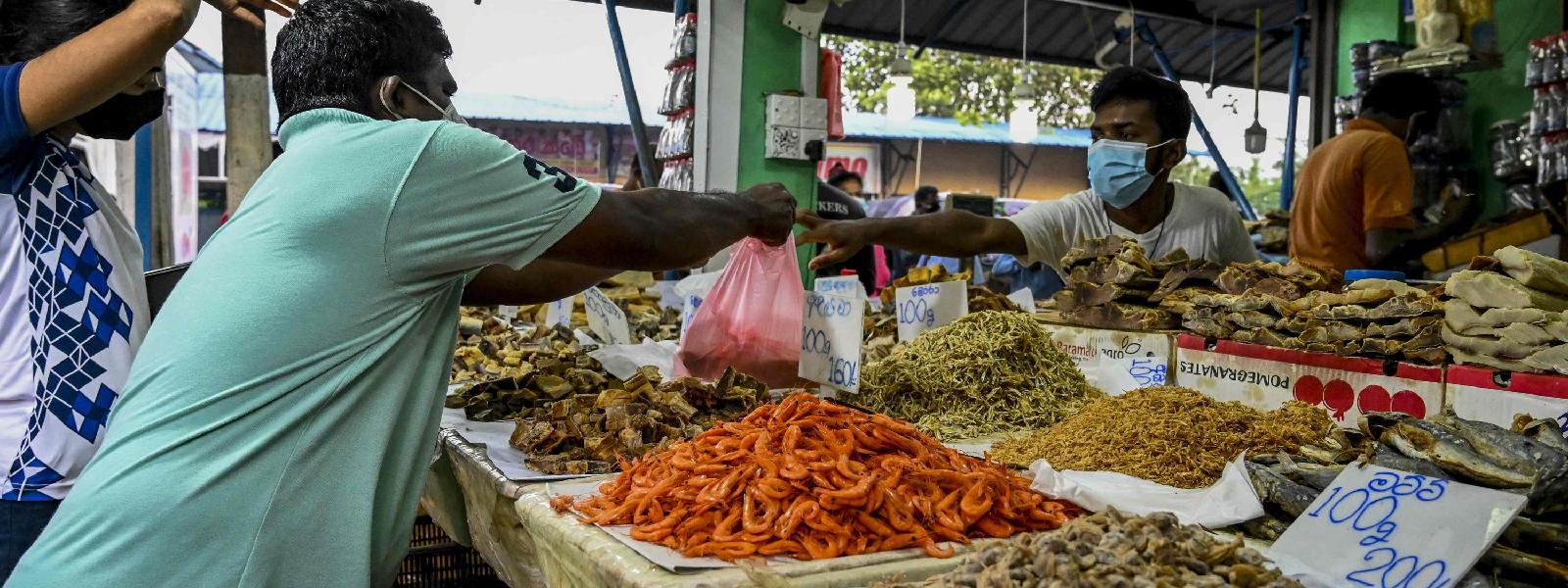.webp)

Is Sri Lanka’s economic crisis spiraling into a humanitarian one?
"You cannot tackle hunger, disease, and poverty unless you can also provide people with a healthy ecosystem in which their economies can grow".- Gro Brundtland
The world is facing rising food costs that are particularly hitting the poor. Globally, the war in Ukraine is disrupting supply chains and adding to price pressures. Additionally, the post COVID-19 economic shocks negatively impacted world food systems, and even encouraged the World Bank to be more attentive to the agricultural industry. However, Sri Lanka is a unique case, coupled with the consequences of the pandemic, war in Ukraine, already depleting foreign reserves and questionable public management by the government above all, Sri Lanka’s food crisis is a cautionary tale for all.
The food shortages currently being experienced by Sri Lankans across the island were incited by the economic crisis. Dissolving foreign reserves have made it impossible to purchase import essentials such as cereals, dairy, vegetables and sugar. Additionally, former president Gotabhaya Rajapakse’s catastrophic policy of transitioning to natural fertilizers, devastated agricultural production in Sri Lanka. The overwhelmingly sharp decline in agricultural produce has resulted in the shortage of staples like rice, milk and vegetables; consequently a surge in food prices. Thus eating into the per-capita income of households and affecting the food security of the most vulnerable. The economic crisis has left an estimated 2.4 million Sri Lankans living below the poverty line and rising costs of food coupled with the unavailability of certain food products have exacerbated the crisis which turned into a humanitarian emergency in June of this year. In the last 2 years food prices have reportedly increased by 73%.
How did the economic crisis become a humanitarian one? In April of this year, the Government of Sri Lanka began petitioning the IMF for a relief package. However, nearly 5 months later, negotiations with the IMF still loom over impending economic collapse, and Sri Lanka’s pyramid of unpaid foreign debt. The war in Ukraine (which has escalated the cost of fuel globally) and the persisting process of debt restructuring is delaying aid that could mitigate the growing crisis.Once the country descended into the worst economic crisis it had experienced in post-independence Sri Lanka, it was a matter of survival. The depleting state of foreign reserves meant that the government no longer had any means of importing sufficient stocks of cooking gas, an essential in almost every home. The rapidly escalating cost of food had tripled food prices at restaurants and take-away outlets and the persisting power interruptions make the use of electric stoves an un-feasible option. Given this extremely unusual predicament many Sri Lankan homes have now resorted to using pre-industrial methods of cooking- wood stoves.
Why not resort to self-sufficiency? The crisis if anything has taken its toll on the agricultural sector the most. Without access to the familiar albeit artificial fertilizer that yields a good crop,
many farmers are abandoning their fields. The food inflation that hovers at 60%, can more or less be attributed to the fact that the shock introduction (and not gradual introduction) of organic fertilizer, damaged the previously self-sufficient agriculture sector- and coerced farmers to completely abandon cultivation in most instances. A calamitous predicament for an island that previously had no problem feeding its population of 22 million, and exporting too. Similarly the fuel shortage precludes fishermen from going out to sea regularly, leading to a shortage of seafood.
Ever escalating poverty has swollen the chronic gaps of inequality in Sri Lankan society. Even though the consequences of the crisis have seeped into every economic class, households below the poverty line continue to experience continued deterioration of food security; 6.3 million people were found to be food insecure. Coping with the food shortage has resulted in fewer and smaller meals being consumed and skimping on proteins and nutrients- therefore the decline of a nourishing diet. The urgency for humanitarian aid increases as millions expect to further ration food and live in the most meagre manner. As Sri Lanka slips into an abysmal crisis of its own making, it becomes a model state of 'what not to do'.
Other Articles
Featured News





.png )





-794314_550x300.jpg)



















.gif)